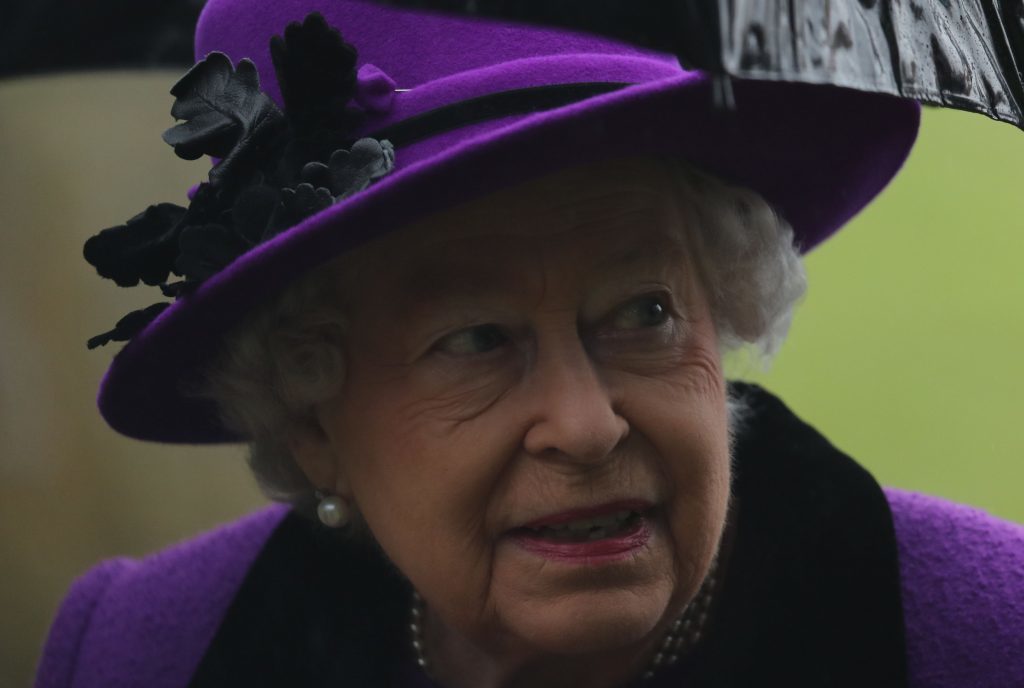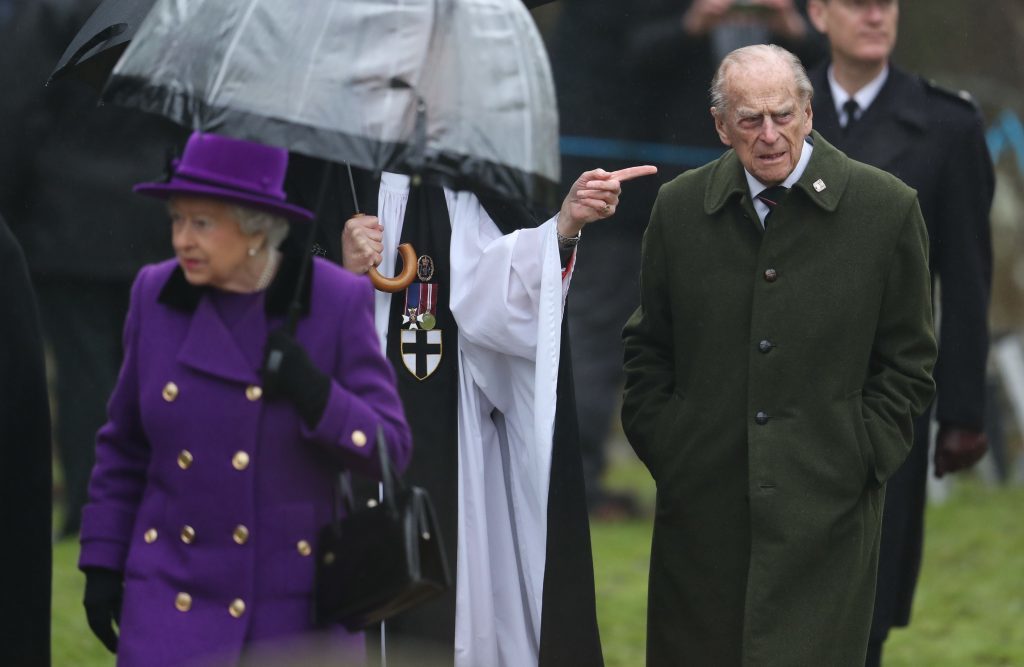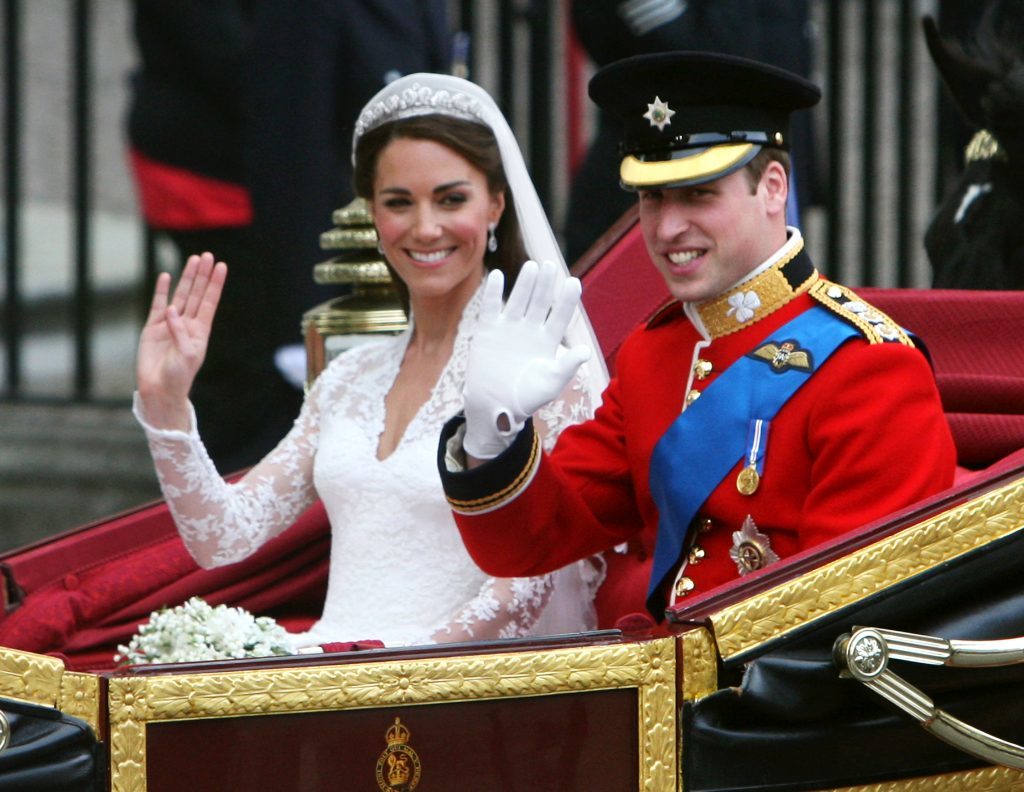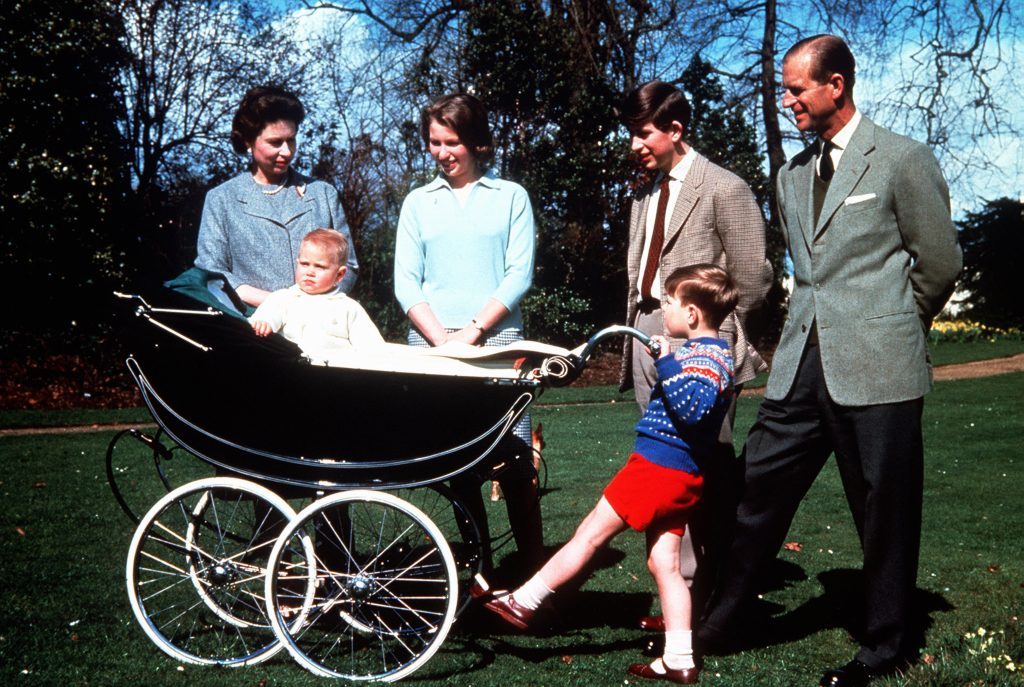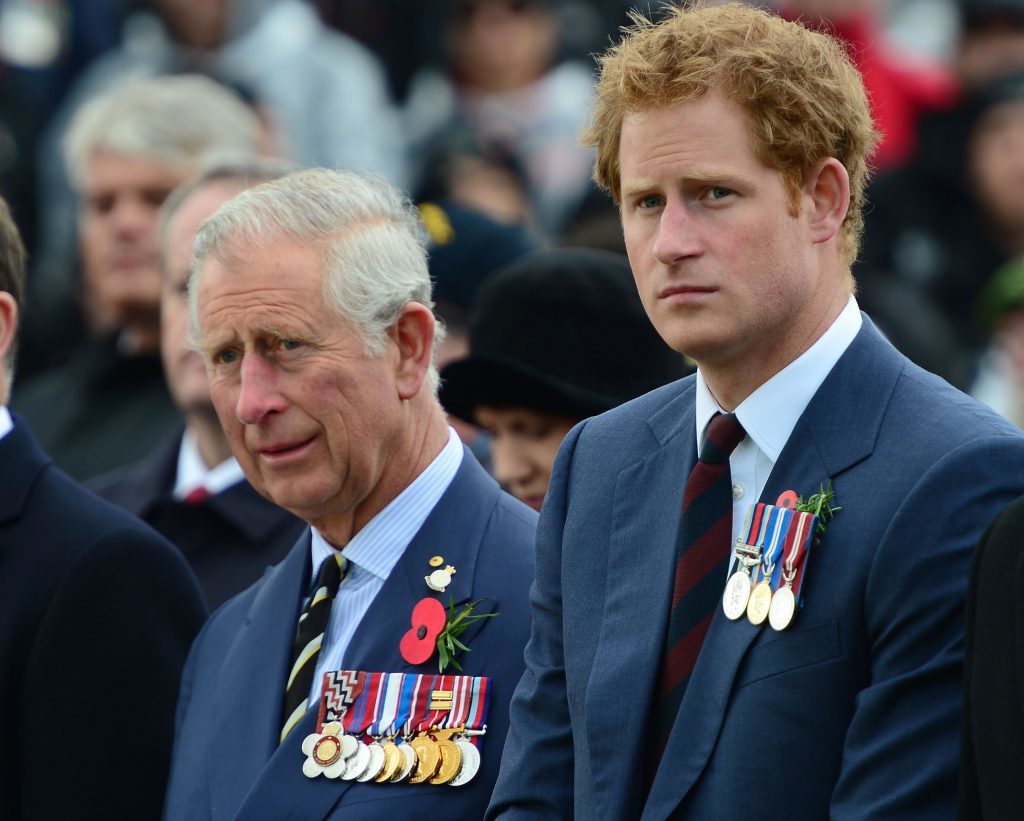As the latest survey suggests the majority of British adults back the monarchy, Michael Alexander looks at arguments on both sides of the royal debate.
When the Queen wasn’t seen for more than two weeks after she was struck down by a heavy cold over Christmas, Buckingham Palace was forced to issue a statement confirming the monarch was not dead after internet pranksters claimed she had died.
It came as bemused armchair anti-royalists took to social media to question what motivated so many well-wishers to stand in the rain outside Sandringham on Christmas morning hoping to catch a glimpse of the 90-year-old who was most likely tucked up in bed.
But as the 20th anniversary of Princess Diana’s death approaches this August – when the Queen was criticised for failing to acknowledge the London public’s unprecedented grief – and despite the growing gulf between rich and poor in Britain, a new survey has suggested 65% of UK adults still support the unelected, hereditary monarch.
By contrast, the findings by Opinium Research’s ‘Monarchy Tracker’ suggest that just 19% of UK adults hope Britain will become a republic at some point in the future.
Perhaps it’s not a surprise that just four months after Queen Elizabeth II took over from Queen Victoria as Britain’s longest reigning monarch, much of the monarchy’s popularity seems to be tied to public approval for the Queen who is seen as ‘dedicated’ (39%), ‘hard working’ (36%) and ‘traditional’ (34%) by Britons.
https://www.youtube.com/watch?v=Ssh8NEltCac
Seven in 10 (70%) also think that Britain is perceived more positively abroad because of the monarchy.
The Duke and Duchess of Cambridge – and babies George and Charlotte – have also presented a new generation of media friendly royals. The survey predicts another baby for the St Andrews University graduates this year, with nearly twice as many preferring Prince William over Prince Charles as the next sovereign .
However, despite apparent support for the Queen, those aged over 55 are significantly more likely to support them than those under 35 ( 78% v 54%) – perhaps indicating that the long-term position of the monarchy might not be as certain as it first appears.
Fife man Bill Mair, National Secretary for Scotland’s Socialist Movement Solidarity, has been campaigning on social justice and equality issues for many years.
The pro-republican is firmly against the monarchy primarily because it is unelected.
“The royal family are the epitome of the privileged elite and swallow up billions of pounds of taxpayers’ money each year whilst contributing nothing,” he says.
“By having a monarchy we perpetuate a scenario that sanctions being born into privilege and being born to rule over others in an otherwise democratic country.”
Recent figures suggest that the monarchy generates at least £500 million for British tourism each year with annual costs of £35.7 million working out at 56p per person per year.
But Mr Mair says figures are open to interpretation. He would rather see the likes of Buckingham Palace and Balmoral Castle taken back by the people, converted into luxury hotels and “rented out to rich sheikhs for £10,000 a night.”
He adds: “As a socialist who believes in equality, I still wouldn’t support the royal family if they paid their way because it would still be about being born into privilege. It sanctions the poverty in this country at the other end of the scale.”
Mrs Mary Law, from Cupar Muir – honorary president of Cupar Floral Art Club and past president/chairman of the National Association of Flower Arranging Societies – was awarded an MBE for services to the community of Cupar in 2002.
The 79-year-old, who arranged the flowers for the wedding of the Duke and Duchess of York at Westminster Abbey in 1986, believes the monarchy is of great benefit to Britain.
She says: “The generation I was brought up in was encouraged to respect the monarchy.
“The present Queen has served the nation extremely well and is a marvelous figurehead.
“She is also a great ambassador for the Commonwealth.
“She has passed her high standards on to her family who have adapted them to modern times.
“The experience of working with so many prime ministers from different parties requires experience, skill and tact.
“I’ve had the privilege of arranging flowers in Westminster Abbey for many royal occasions and have always admired the royal family’s commitment to duty.”
James Endersby, managing director of Opinium Research said: “The monarchy clearly retains the support of the British public, and our tracker indicates that the institution is as popular now as it ever was.
“However, young people are not as invested as the older generation and this does raise questions about the future of the monarchy after the Queen – will the institution survive without one of history’s most respected sovereigns?
“One thing we can probably guarantee is that the public fascination with the royal family will continue as we anticipate births, engagements and further family drama, all of which are likely to dominate the year’s headlines.
“ As we saw this week with the Golden Globe win for lavish Netflix production ‘The Crown’, even outside of the news many of us can’t get enough of the Windsors.
“That appetite for more means we’re unlikely to see the back of the British monarchy anytime soon.”
